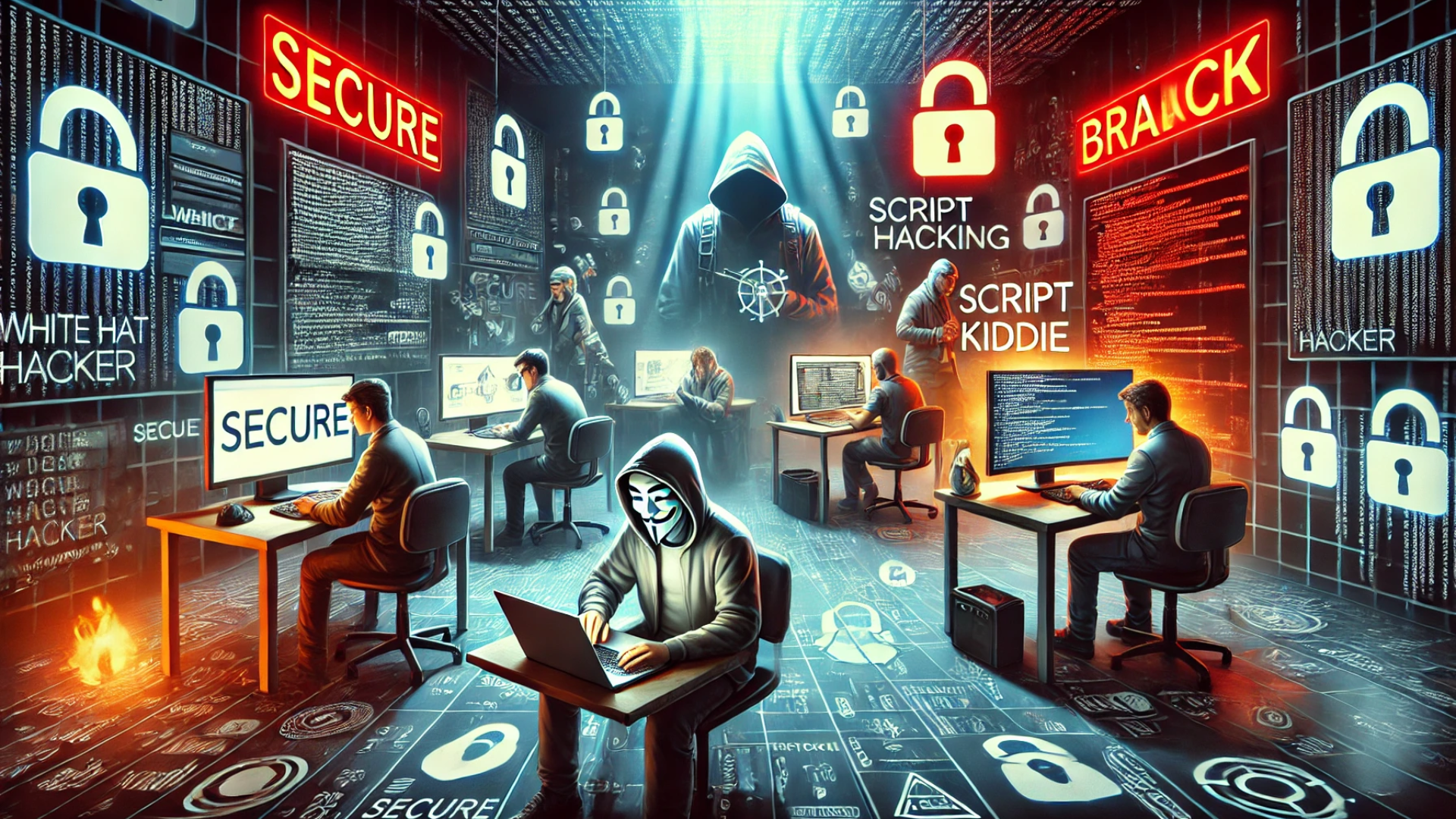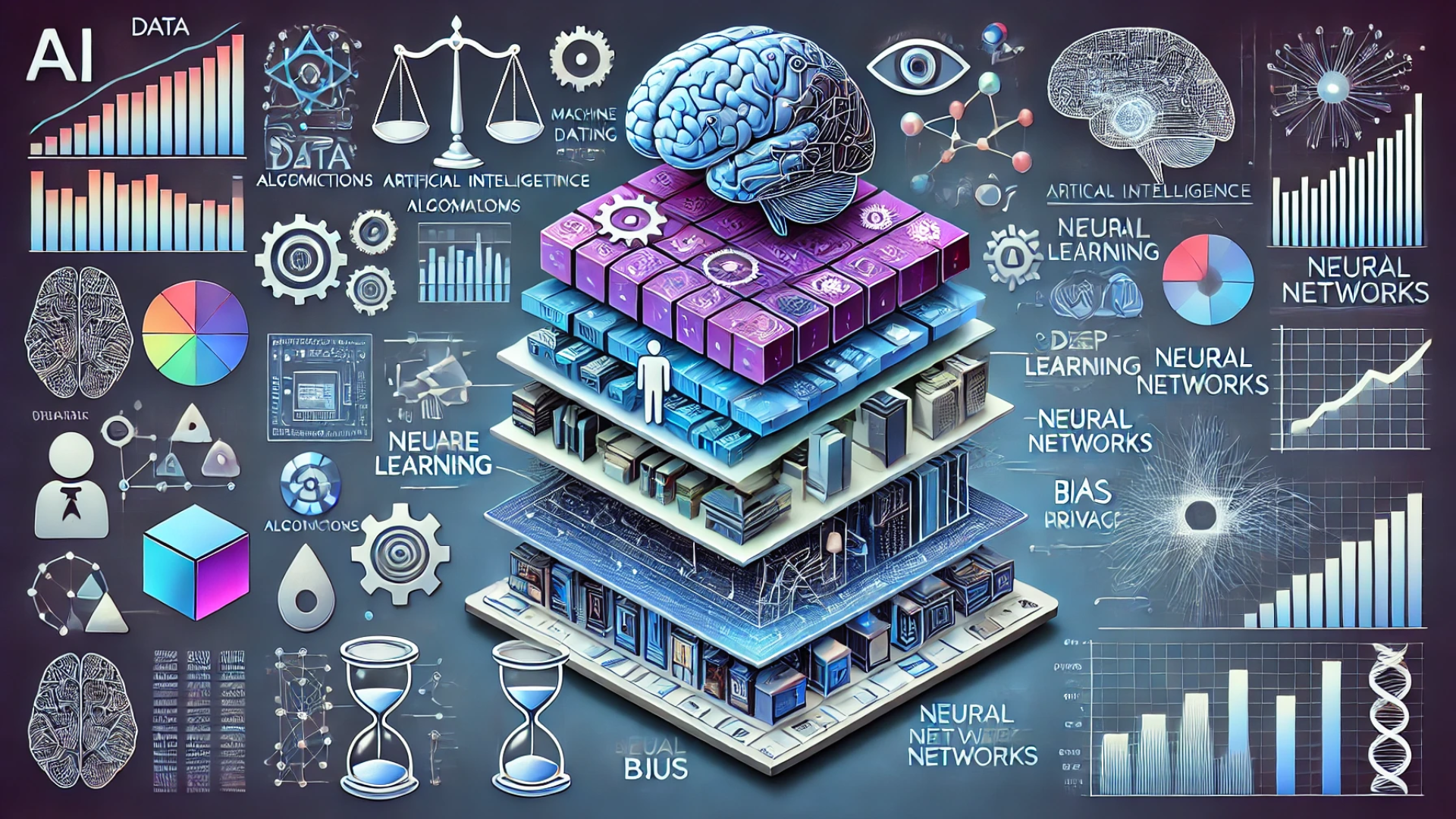
In today’s digital age, cybersecurity is more critical than ever. With cyber threats on the rise, there’s a growing demand for skilled professionals to protect our information and systems. But with so many roles in the field, how do you decide which cybersecurity career is right for you? Let’s dive into the various paths you can take and what each entail.
1. Information Security Analyst
What They Do:
Information Security Analysts are the front line of defense against cyber threats. They monitor systems for security breaches, install software to protect data, and develop plans to prevent attacks.
Skills Needed:
- Attention to detail
- Strong analytical skills
- Knowledge of firewalls and antivirus software
Requirements:
- Bachelor’s degree in Computer Science or related field
- Relevant certifications (e.g., CISSP, CISM)
2. Penetration Tester (Ethical Hacker)
What They Do:
Penetration Testers simulate cyber attacks to find vulnerabilities in systems. By thinking like a hacker, they help organizations strengthen their defenses.
Skills Needed:
- In-depth understanding of networks and systems
- Problem-solving skills
- Creativity and curiosity
Requirements:
- Bachelor’s degree in Cybersecurity or related field
- Certifications like CEH (Certified Ethical Hacker)
3. Security Consultant
What They Do:
Security Consultants advise organizations on how to protect their information. They assess risks, design security architectures, and ensure compliance with regulations.
Skills Needed:
- Strong communication skills
- Strategic thinking
- Project management
Requirements:
- Bachelor’s or Master’s degree in Cybersecurity or related field
- Experience in IT or cybersecurity
4. Incident Responder
What They Do:
Incident Responders react to security breaches and cyber attacks. They identify the cause, mitigate damage, and develop strategies to prevent future incidents.
Skills Needed:
- Ability to work under pressure
- Forensic analysis skills
- Quick decision-making
Requirements:
- Bachelor’s degree in Computer Science or related field
- Certifications like GCIH (GIAC Certified Incident Handler)
5. Security Architect
What They Do:
Security Architects design and implement security systems. They create blueprints for protecting networks and ensure that security measures are integrated into the organization’s infrastructure.
Skills Needed:
- In-depth knowledge of security protocols
- Strong design skills
- Experience with security tools
Requirements:
- Bachelor’s degree in Cybersecurity, Computer Science, or related field
- Advanced certifications (e.g., CISSP, TOGAF)
6. Cryptographer
What They Do:
Cryptographers develop algorithms to encrypt data, ensuring it stays secure during transmission and storage. They also analyze existing encryption methods to improve them.
Skills Needed:
- Strong mathematical skills
- Understanding of encryption algorithms
- Problem-solving skills
Requirements:
- Bachelor’s or Master’s degree in Mathematics or Computer Science
- Specialized certifications in cryptography
7. Security Software Developer
What They Do:
Security Software Developers create applications and tools to protect systems and data. They focus on building secure software from the ground up.
Skills Needed:
- Proficiency in programming languages
- Knowledge of secure coding practices
- Analytical skills
Requirements:
- Bachelor’s degree in Computer Science or Software Engineering
- Experience in software development
Its here Are Cybersecurity and Hacking the Same?
How to Choose the Right Career for You
When deciding which cybersecurity career to pursue, consider the following factors:
- Your Interests:
Do you enjoy problem-solving and critical thinking? Roles like Penetration Tester or Cryptographer might be a good fit. - Skills and Strengths:
Assess your skills and strengths. If you have strong communication skills, a role like Security Consultant could be ideal. - Education and Experience:
Look at the educational and certification requirements for each role. Some positions may require advanced degrees or specific certifications. - Career Goals:
Think about your long-term career goals. Do you want to stay technical, or are you interested in moving into management? This can help narrow down your options. - Job Market Demand:
Research the demand for different roles in your area. Some positions may offer more opportunities and higher salaries.
Final Thoughts
Choosing the right cybersecurity career depends on your interests, skills, and goals. Whether you’re just starting or looking to switch roles, there’s a path in cybersecurity that’s right for you. Remember, continuous learning and staying updated with the latest trends are key to a successful career in this dynamic field.
Protecting Against Threats by AI you need to know.
FAQs
Q: What certifications are essential for a career in cybersecurity?
A: Some essential certifications include CISSP, CEH, CISM, and GCIH.
Q: Do I need a degree to work in cybersecurity?
A: While many roles require a bachelor’s degree, some positions may be attainable with relevant experience and certifications.
Q: What is the job outlook for cybersecurity professionals?
A: The job outlook is very positive, with high demand for cybersecurity professionals across various industries.

